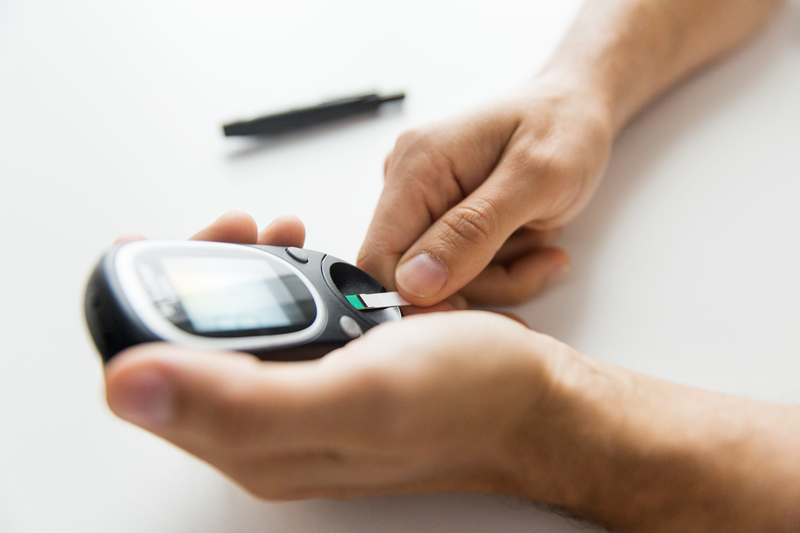What People with Diabetes Should Know About Their Eye Health

Your vision is one of your most valuable senses — but if you have diabetes, it could be at risk without you even realizing it. Many people living with diabetes are surprised to learn how much the condition can impact their eye health, especially when symptoms are subtle or nonexistent at first. Over time, high blood sugar can damage the small blood vessels in the retina — the part of your eye that helps you see clearly. This can lead to a serious condition called diabetic retinopathy, which, if left untreated, may result in permanent vision loss.
The good news? Regular eye exams and early intervention can protect your sight. Here’s what every person with diabetes should know about maintaining long-term eye health.
Diabetic Retinopathy Facts
- Diabetic retinopathy is the leading cause of blindness among working-age adults.
- The condition progresses through four stages: mild NPDR, moderate NPDR, severe NPDR, and proliferative diabetic retinopathy (PDR).
- In its early stages, diabetic retinopathy often presents no symptoms and is usually only detected during a routine eye exam.
- As the condition worsens, symptoms may include blurred or distorted vision, floaters, difficulty seeing in low light, blind spots, or sudden vision loss due to bleeding from abnormal blood vessels.
- While diabetic retinopathy isn’t always preventable, you can lower your risk by managing blood sugar, blood pressure, and cholesterol, maintaining a healthy diet, exercising regularly, avoiding smoking and excessive alcohol, taking prescribed diabetes medications, and seeing a retina specialist regularly.
The Importance of Early Intervention
When it comes to diabetic retinopathy, it’s important not to wait until you experience symptoms or rely on glasses prescriptions to seek care. Early intervention allows for treatments, like laser therapy, anti-VEGF injections, and surgery, to be performed when they're most effective at stopping disease progression.
Additionally, early intervention can prevent complications such as diabetic macular edema, a complication of diabetes that affects the macula — the central part of the retina responsible for sharp central vision. The American Diabetes Association (ADA) recommends comprehensive dilated eye exams at least once a year for people with diabetes in addition to general eye check-ups.
Retina Specialists and Long-Term Diabetes Care
Retina specialists play a vital role in the long-term management of patients with diabetes, focusing specifically on the prevention, early detection, and advanced treatment of diabetic eye diseases. By integrating the specialized knowledge of a retina specialist with overall diabetes management, patients can significantly reduce their risk of vision loss and improve their quality of life.
Schedule an Appointment With a Retina Specialist Today
If you have diabetes, it's crucial to see a retina specialist in addition to your general ophthalmologist as part of your routine healthcare. At Mid Atlantic Retina Specialists, we diagnose and treat a wide range of retinal conditions, including diabetic retinopathy and related issues. Contact us today for more information or to schedule an appointment with our expert team in Hagerstown or Frederick, MD, or Chambersburg or Bedford, PA.

